

International Research Network on Equity in Youth Education and Training
We are very happy to announce the establishment of this new international network - The International Research Network on Equity in Youth Education and Training (IRNEYET). It currently consists of 301 members from 30 countries, building on a number of other previous research groups and networks from around the world.

MISSION
The purpose of this research network is to conduct and disseminate research on the nature, consequences, causes, and solutions to disparities in youth education and training opportunities and outcomes across countries and education systems.
INDIVIDUAL MEMBERS
Membership is open to researchers and policymakers throughout the world.
HOSTING ORGANISATIONS
Educational Disadvantage Centre, Institute of Education, Dublin City University
California Dropout Research Project (CDRP), University of California
Center for International Research on Education Systems (CIRES), Victoria University, Australia
Center for Migration and Intercultural Studies (CeMIS), University of Antwerp
Professor Paul Downes, Professor of Education (Psychology), Institute of Education, and Director, Educational Disadvantage Centre, Dublin City University
Professor Russell Rumberger, Professor Emeritus in the Gevirtz Graduate School of Education, University of California, Santa Barbara
Dr. Lore van Praag, Centre for Migration and Intercultural Studies (CeMIS), University of Antwerp
Professor Stephen Lamb, Director of the Centre for International Research on Education Systems, Research Chair in Education, Victoria University, Australia
Professor Guofang Li, Professor and Tier 1 Canada Research Chair in Transnational/Global Perspectives of Language and Literacy Education of Children and Youth, University of British Columbia
Dr Irene Psifidou, Cedefop, the European Union's European Centre for the Development of Vocational Training, is a member of the Editorial Board of the Network regarding the Newsletter
ACTIVITIES
We will construct a website repository for member publications and ongoing research activities; send a quarterly newsletter, and announce upcoming events and meetings in this newsletter and on our website.
For new interested members working in this field of study to join the IRNEYET-network, please contact Paul Downes paul.downes@dcu.ie
14TH NEWSLETTER OF IRNEYET - December 2024
13TH NEWSLETTER OF IRNEYET - May 2024
12TH NEWSLETTER OF IRNEYET - November 2023
11TH NEWSLETTER OF IRNEYET - April 2023
10TH NEWSLETTER OF IRNEYET - November 2022
9TH NEWSLETTER OF IRNEYET - April 2022
8TH NEWSLETTER OF IRNEYET - SEPTEMBER 2021
7TH NEWSLETTER OF IRNEYET - APRIL 2021
6TH NEWSLETTER OF IRNEYET - DECEMBER 2020
5TH NEWSLETTER OF IRNEYET - JUNE 2020
4TH NEWSLETTER OF IRNEYET - FEBRUARY 2020
3RD NEWSLETTER OF IRNEYET - OCTOBER 2019

Professor Paul Downes
Professor Paul Downes, Professor of Education (Psychology), Institute of Education, and Director, Educational Disadvantage Centre, Dublin City University

Professor Russell Rumberger
Professor Russell Rumberger, Professor Emeritus in the Gevirtz Graduate School of Education, University of California, Santa Barbara

Dr. Lore van Praag
Dr. Lore van Praag, Centre for Migration and Intercultural Studies (CeMIS), University of Antwerp

Professor Stephen Lamb
Professor Stephen Lamb, Director of the Centre for International Research on Education Systems, Research Chair in Education, Victoria University, Australia

Professor Guofang Li
Professor Guofang Li, Professor and Tier 1 Canada Research Chair in Transnational/Global Perspectives of Language and Literacy Education of Children and Youth, University of British Columbia

Dr Irene Psifidou
Dr Irene Psifidou, Cedefop, the European Union's European Centre for the Development of Vocational Training, is a member of the Editorial Board of the Network regarding the Newsletter
PROFILES OF A SELECTION OF MEMBERS

Emeritus Professor Russell Rumberger
Professor Russell Rumberger is a Professor Emeritus in the Gevirtz Graduate School of Education. His research focuses on several areas of education: education and work; the schooling of disadvantaged students, particularly school dropouts and linguistic minority students; school effectiveness; and education policy.
His book, Dropping Out: Why Students Drop Out of High School and What Can Be Done About It (Harvard University Press, 2011) was called a “masterpiece” by the Washington Post and nominated for the AERA Outstanding Book Award. He currently directs the California Dropout Research Project, which produces reports and policy briefs about the dropout problem in California.
In 2013 he was made a Fellow of the American Educational Research Association and received the Elizabeth G. Cohen Distinguished Career in Applied Sociology of Education Award, Sociology of Education SIG, American Educational Research Association. In 2016 he was elected to the National Academy of Education.

Professor Stephen Lamb
Professor Stephen Lamb holds the Research Chair in Education at Victoria University and is Director of the Centre for International Research on Education Systems.
He has undertaken a range of high-impact policy research projects for governments, systems and schools and has extensive experience on a wide range of international and national projects on school funding, performance of schools and school systems, influences on student achievement and outcomes, quality of school programs, and school to work transition.
Stephen is director of The International Study of City Youth (ISCY) which follows 40,000 Year 10 students in 15 cities around the world to understand how their school experiences and achievements influence their careers and life more broadly. The study compares how well different education systems prepare young people for life beyond school giving particular consideration to school arrangements in each city, including programs and courses, curriculum and assessment practices, types and locations of schools, and the structure of education and training opportunities beyond school.

Dr Lore Van Praag
Dr Lore Van Praag is a postdoctoral researcher and research coordinator at the Centre for Migration and Intercultural Studies (CeMIS) at the University of Antwerp. She obtained a Master and PhD in Sociology at Ghent University.
Her research interests are interethnic relations in tracking, discrimination, educational achievement, early school leaving, educational policies, primary and secondary education and ethnography. She was the research coordinator of the RESL.eu project, that aims to reduce the number of Early School Leavers in Europe. She published international and national articles in peer-reviewed journals (e.g., Teaching and Teacher Education, British Educational Research Journal, European Journal of Education, etc.) and books, such as the comparative book based on the RESL.eu project ‘Early School-Leaving in the European Union’ published by Routledge.

Professor Paul Downes
Professor Paul Downes is Professor of Education (Psychology), Institute of Education, and Director of the Educational Disadvantage Centre, Dublin City University, Ireland.
He has been involved in various expert advisory roles for the European Commission, including for its School Policy Working Groups and was a member of the Irish Senate and Parliament Expert Advisory Group on early school leaving. He is a member of the Coordinating Committee of the European Commission’s Network of Experts on the Social Aspects of Education and Training (NESET 2014-19).
With over 90 publications in areas of education, psychology, philosophy, law, anthropology and social policy, he has given keynote lectures and invited presentations in 28 countries, including for 10 different countries’ official ministries. He led a 12 country comparative research study on access to education in Europe and a 10 city study on parental involvement for early school leaving prevention. He has been an advisor to the Irish Department of Education and Skills for its DEIS Action Plan 2017 on social inclusion.

Professor Guofong Li
Guofang Li, Ph.D. Professor and Tier 1 Canada Research Chair in Transnational/Global Perspectives of Language and Literacy Education of Children and Youth, University of British Columbia.
Guofang Li’s program of research aims to improve the life success of immigrant and minority students by addressing the cultural, linguistic, instructional, and structural barriers in their literacy learning and academic achievement both in school and at home, pre- and in-service teacher preparation, and current language and educational policy and practice in globalized contexts.
Her work and contribution has been recognized by numerous national and international awards including the 2016 Mid-Career Award from the Second Language Research Special Interest Group (SIG), American Educational Research Association (AERA), the 2013 and 2006 Ed Fry Book Award of the Literary Research Association (LRA), the 2010 AERA Early Career Award, and the 2008 Social Context of Education Division Early Career Award of AERA. Her recent works include Superdiversity and Teacher Education (2021, Routledge), Languages, Identities, Power and Cross-Cultural Pedagogies in Transnational Literacy Education (2019, Shanghai Foreign Language Education Press), and Educating Chinese-heritage Students in the Global-Local Nexus: Identities, Challenges, and Opportunities (2017, Routledge).
For more of Li’s work and projects, please see https://lled.educ.ubc.ca/profiles/guofang-li/

Dr Irene Psifidou
Dr Irene Psifidou works for over 16 years as senior expert on education and training policies at European and international levels.
She joined Cedefop in 2004, and has managed various research projects in the field of designing vocational education and training (VET) provision, and supporting youth at risk and low skilled adults through VET. Leading Cedefop’s project on VET policies for social inclusion and labour market integration, Irene is the creator of Cedefop “VET toolkit for tackling early leaving” (www.cedefop.europa.eu/TEL-toolkit) and project manager of Cedefop related research within the Department of Learning and Employability. Before joining Cedefop, Irene worked as education consultant at the World Bank, Washington DC contributing to the development of the Bank’s new strategy on secondary education and managed education development and research projects in transitional Balkan countries.
Irene holds a PhD in Comparative Education Policy from the Universidad Autónoma de Barcelona (UAB) in Spain and two M.Sc. diplomas - International Studies and Developmental Cooperation for the Alleviation of Poverty and Applied Linguistics from Spanish Universities. Irene has published widely in peer-reviewed academic journals and international handbooks within the fields of curriculum policy, learning outcomes, teachers training, innovative pedagogies, key competences, learners’ assessment and early school leaving.
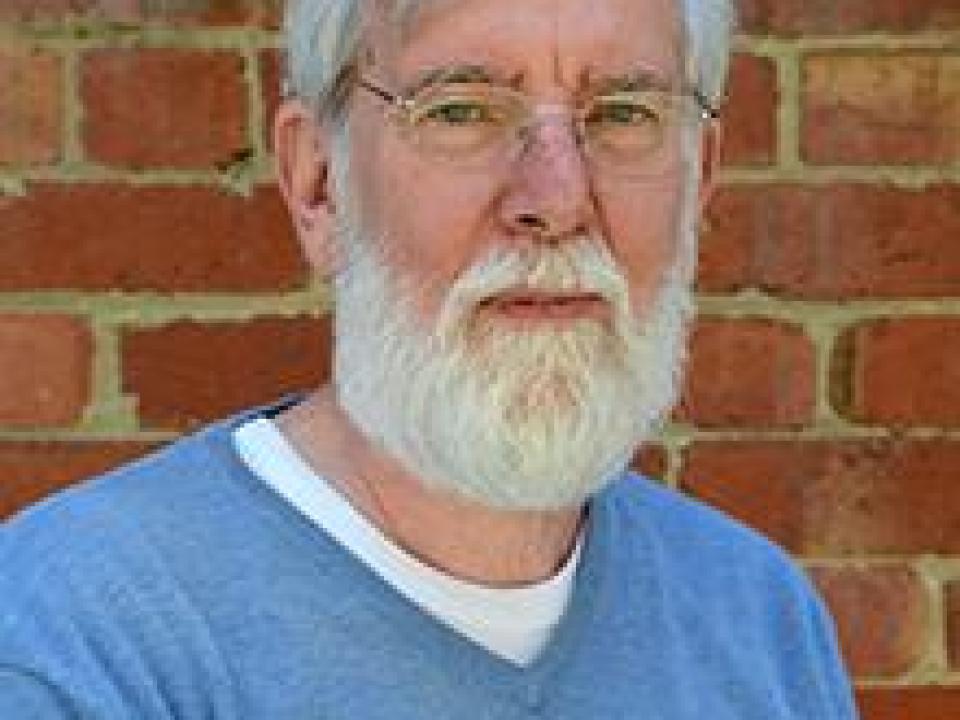
Professor Richard Teese
Sociologist and historian, Professor Richard Teese has made major contributions to our knowledge of education systems, to public policy, and to the wider diffusion of knowledge about how well our schools work and for whom. He is one of the first Australian scholars to measure social progress in school systems.
He developed metrics for assessing the impact of schooling, first in Undemocratic Schooling and later in For the Common Weal. Applying these measures, he was able to show the contribution of the public high school system to the economic well-being of the community.
He pioneered the social analysis of curriculum access and achievement in school systems across Australia. Using examinations data for each Australia state, he mapped the links between who studied what subjects, how well they achieved, and their social origins and gender. This work formed the basis of his theory of structural inequality, elaborated in Academic Success and Social Power.

Professor Silvia Carrasco Pons
Professor of Social Anthropology, Silvia’s research focuses on migrations, education and inequality and has participated in several national and international projects in Spain, other EU countries and the US.
Prof. Carrasco founded the EMIGRA research group and the CER Migracions and is the UAB representative of the ResMi Network of Excellence on Migration Studies (2017-2019) financed by the Ministry of Economy and Competence she participates in Committee on Education and Social Mobility of the European network IMISCOE. She is part of the editorial board of Ethnography and Education (Oxford) and the book series Focus on International Migration (UAB). Prof. Carrasco joined the ACT.NOW platform in 2018, in the expert group DESC Network (Diversity, Education and Social Cohesion) that gathers academics, NGOs and professionals working on education and social rights of refugee and migrant children and youth in the MENAT region and the European receiving countries
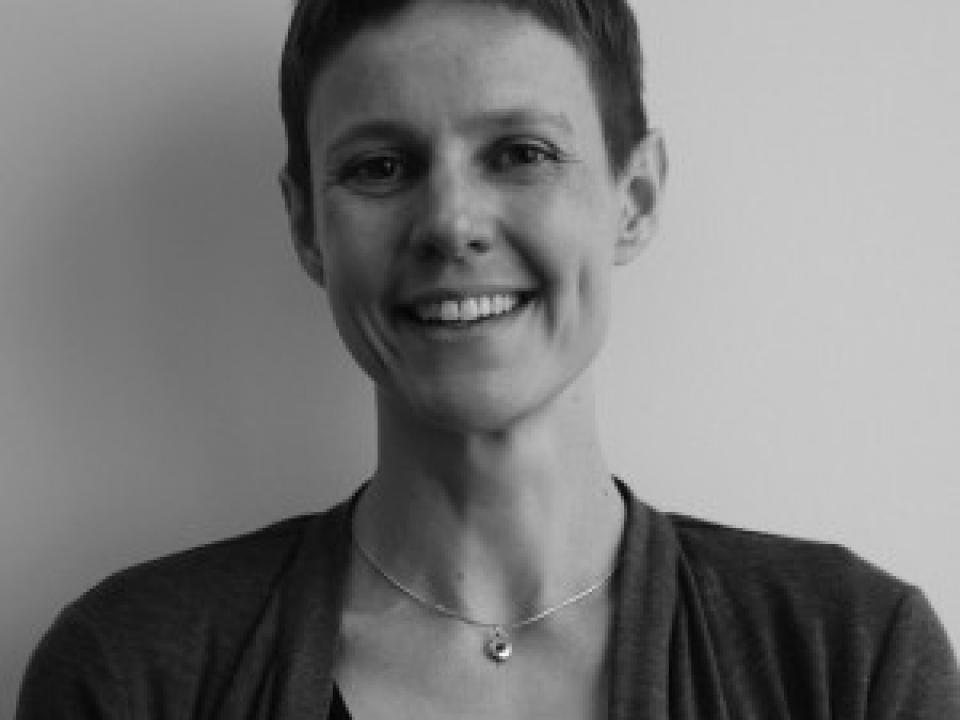
Dr Jen Jackson
Dr Jen Jackson has recently been appointed to lead the Education Program at the Mitchell Institute for Education and Health Policy. Before that Jen was a Research Fellow in the Educational Monitoring and Research team at the Australian Council for Educational Research.
Jen has wide-ranging experience in education policy and research, with a particular interest in education systems, and the research–policy interface. As a senior policy fellow in the Victorian Department of Education and Training, she worked in early childhood policy and regulation, as well as in system-wide strategic policy management roles. As a Research Fellow at the University of Melbourne and Victoria University, Jen’s work focused on measuring how well education systems meet the needs of all learners, including contributing to several reports for government on measurement of school performance, reporting on system-wide indicators, from early childhood to tertiary education, and co-ordinating international data collection for the International Study of City Youth.
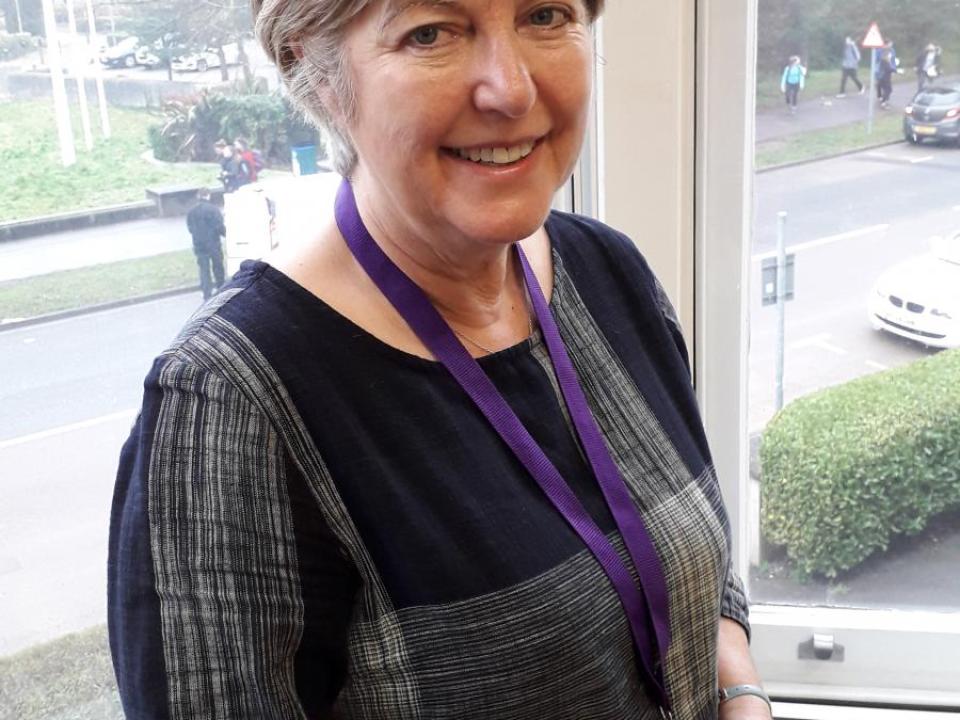
Professor Sally Power
Sally Power is a Professor in the School of Social Sciences, Cardiff University, Wales. She is Director of WISERD EDUCATION and Co-Director of WISERD (Wales Institute of Social and Economic Research Data and Method).
Before joining the School of Social Sciences, Cardiff University in 2004 as a Professorial Fellow, Sally Power was based at the Institute of Education, University of London, where she was Head of the School of Educational Foundations and Policy Studies. Her research interests focus on the relationship between education, inequality and civic participation. She is particularly interested in social class differentiation, as well as the relative success and failure of education policies designed to promote greater equality of opportunity and engagement.
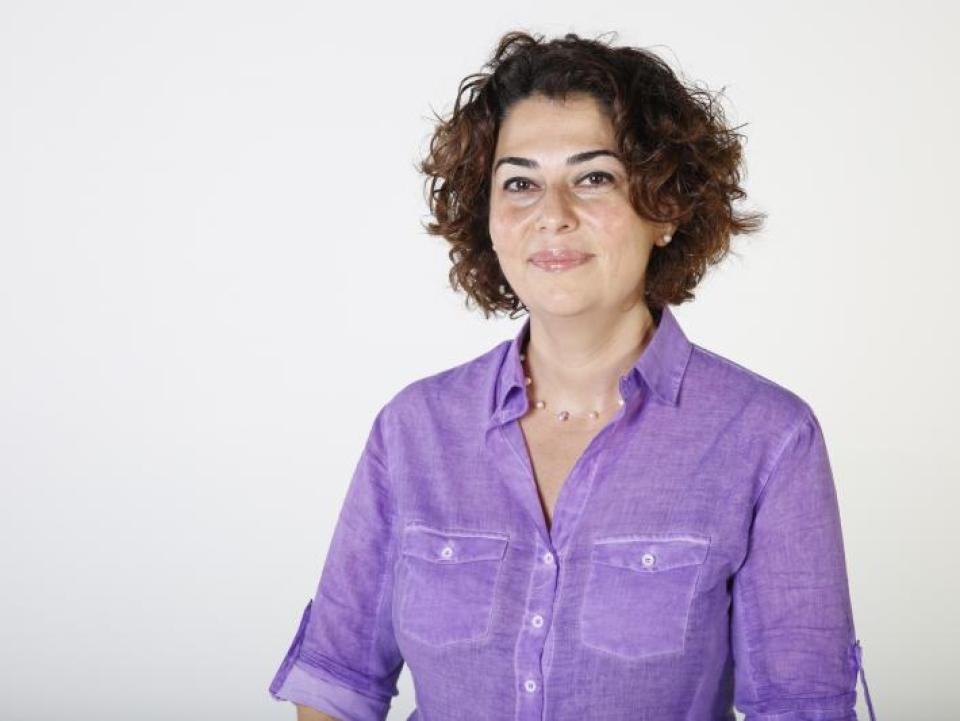
Dr Özden Bademci
Dr Bademci holds an associate professorship post in clinical psychology at Maltepe University in Istanbul.
Following her PhD research on the phenomena of street children, Özden has played a leading role in the establishment of the first University Centre in Turkey that is dedicated to address the rehabilitation and protection needs of street children. Dr. Bademci has developed and coordinated several projects in states schools to provide psychosocial support in collaboration with various departments of the university, to the students who are at risk of school leaving including Roma children. In 2017, Dr Bademci was granted with UK Alumni Social Impact Award.

Professor Dolf Van Veen
Professor Dolf van Veen is director of the Netherlands Centre for Education and Youth Care (NCOJ), affiliated with Windesheim University of Applied Sciences and, since 2018, special/honorary professor at the University of Nottingham.
In 2009-2013 he was appointed as ambassador Education and Youth Policy by the ministry of Education, Culture and Science, the ministry of Health, Welfare and Sports and the Association of Netherlands Municipalities. Between 2000 and 2010 he was head of Education and Youth Care of the Netherlands Youth Institute and director of major national innovative educational and youth policy programmes on education and behaviour support teams in schools, schools and safety, and inter-professional support programmes for (vulnerable) children and youth in schools. Between 2013- 2016 he was leading the Dutch Higher Education consortium on Teacher Education and Inclusion, and between 2015 and 2018 he was one of the leading researchers in the research consortium evaluating the Dutch version of more inclusive education. He has written/edited over fifty books and numerous articles on topics like services integration (education, health and human services),equity and inclusive education, intensive counselling, non-attendance and drop out, multi-service schools, prevention, behaviour and education support teams, rebound programmes, local youth policy, and safe and healthy schools.

Associate Professor Laura Perry
Laura Perry is Associate Professor of Education Policy and Comparative Education at the School of Education, Murdoch University.
She conducts comparative research into educational disadvantage and inequalities, especially as they appear between schools, and the systems, structures and policies that shape them. Laura uses a variety of research methodologies and conducts both empirical and conceptual research. Specific research interests include educational marketization, school segregation and stratification, between-school inequalities, and social class and education.
Laura draws on the disciplines of comparative/international education, sociology of education, and education policy to examine different topics. She aims to conduct research that can guide policy making for the purpose of improving educational equity.

Professor Sheila Riddell
Professor Sheila Riddell has worked at the University of Edinburgh since October 2003 and was previously Director of the Strathclyde Centre for Disability Research at the University of Glasgow.
She is Director of the Centre for Research in Education Inclusion and Diversity at the Moray House School of Education, University of Edinburgh. Sheila’s research interests include education policy, additional support needs, lifelong learning, equality and human rights.
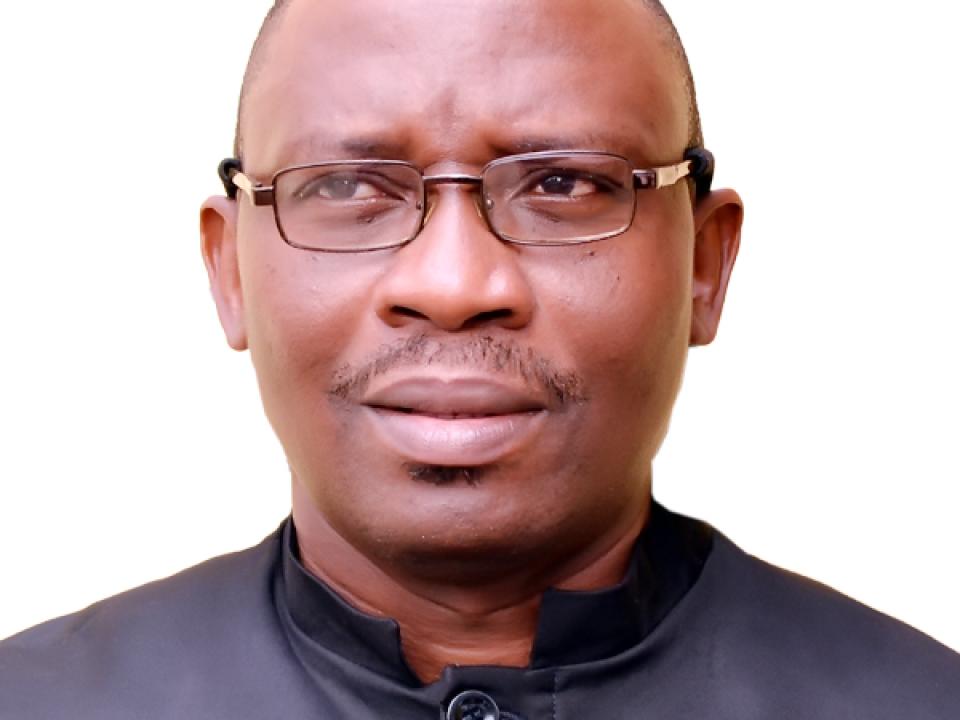
Associate Professor Adesoji Oni
Adesoji Oni a Fulbright scholar is an Associate Professor of Sociology of Education in the Department of Educational Foundations, Faculty of Education, University of Lagos, Nigeria. He specializes in Sociology of Education.
His area of research focus includes; social problems in education, Social change in education, social deviances/social disorganizations in education with particular focus on students’ secret cult in Nigeria. He has published widely in these areas with about 143 publications to his credit. Winner of the Fafunwa Educational Foundation Award as best Ph.D Thesis Award In Nigerian Universities Faculties of Education, 2006, he has also received awards as Best Accomplished African Educational Researcher (Awarded by Association for the Development of Education in Africa- ADEA/African Development Institute- ADI /Korea Trust Fund) : 2011/2012 and Outstanding Educator in Nigeria 2013 by the Nigerian Education Times

Professor Erna Nairz-Wirth
Professor Erna Nairz-Wirth is Associate Professor and Head of the Education Sciences Group at Vienna University of Economics and Business.
She has designed, conducted and published numerous studies on education and inequality and is specialized in the fields of educational pathways, dropout in education, school development, best practices in dropout prevention and professionalization. Erna Nairz-Wirth is a national and international expert in the field of early school leaving and an editorial board member of the European Toolkit for Schools. She has been an expert partner and consortium member of the FP7 project RESL.eu – Reducing Early School Leaving in Europe and an active member of the Network of Experts working on the Social Dimension of Education and Training (NESET II). Recently, she received the Austrian Anton-Benya award for her scientific engagement for reduction of inequality in education and prevention of early school leaving.

Dr Pang Wen
Dr Pang Wen is an Associate Professor in the Department of Sociology at Northeast Forestry University, China. He got the Master's Degree in sociology and PhD in administration from Harbin Institute of Technology.
His current research focuses on (1) inclusive education in China, (2) the sense of gain on education for students with disabilities, (3) social rights and social welfare for persons with disabilities. As a Principal Investigator, he is working on two research projects of Chinese Ministry of Education. Theoretically, he is drawn to various social development perspectives: Social Justice, Social Investment, Social Capital and Social support network. Methodologically, his research interest is to carry out domestic and international comparative research on education policy and disability policy.
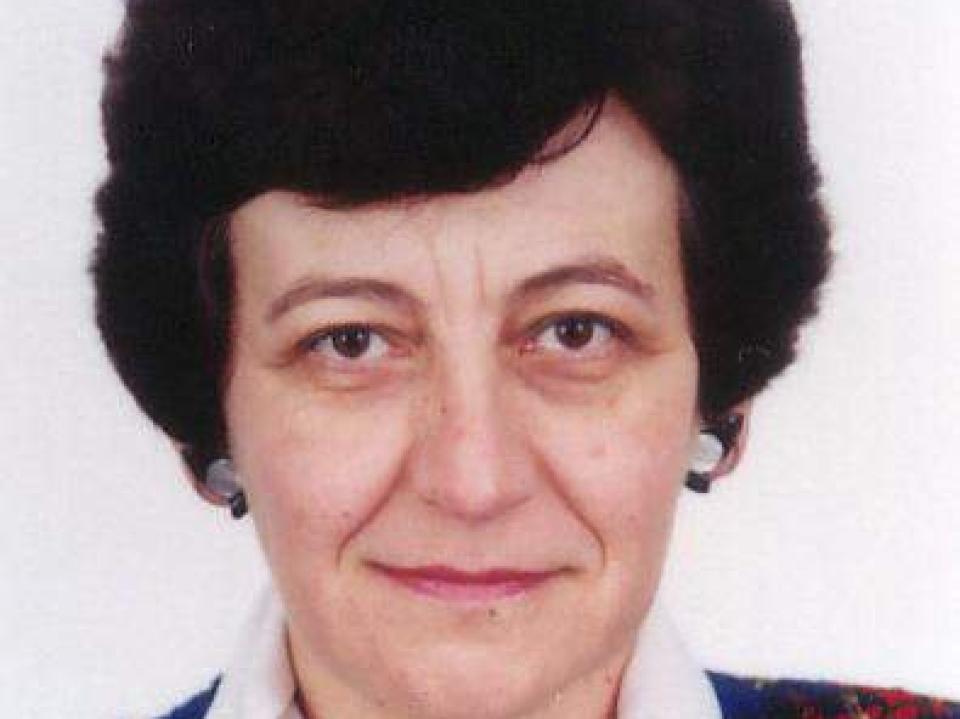
Professor Pepka Boyadjieva
Pepka Boyadjieva is Professor at the Institute of Philosophy and Sociology at the Bulgarian Academy of Sciences and Honorary Professor of Sociology of Education at the University of Nottingham.
She is a member of the Editorial Board of the ISA’s SSIS series Sage Studies in International Sociology Books, Journal of Social Science Education, International Journal of Lifelong Education and of the Bulgarian journal Sociological problems. Her research interests are in the field of education with an emphasis on higher education, university development, educational inequalities and lifelong learning and school to work transitions. Currently, Boyadjieva is a member of the Network of Experts on the Social Aspects of Education and Training (NESET 2019-22) and leads the Bulgarian team of the ENLIVEN (Encouraging Lifelong Learning for an Inclusive and Vibrant Europe) project, funded within Horizon 2020 programme.
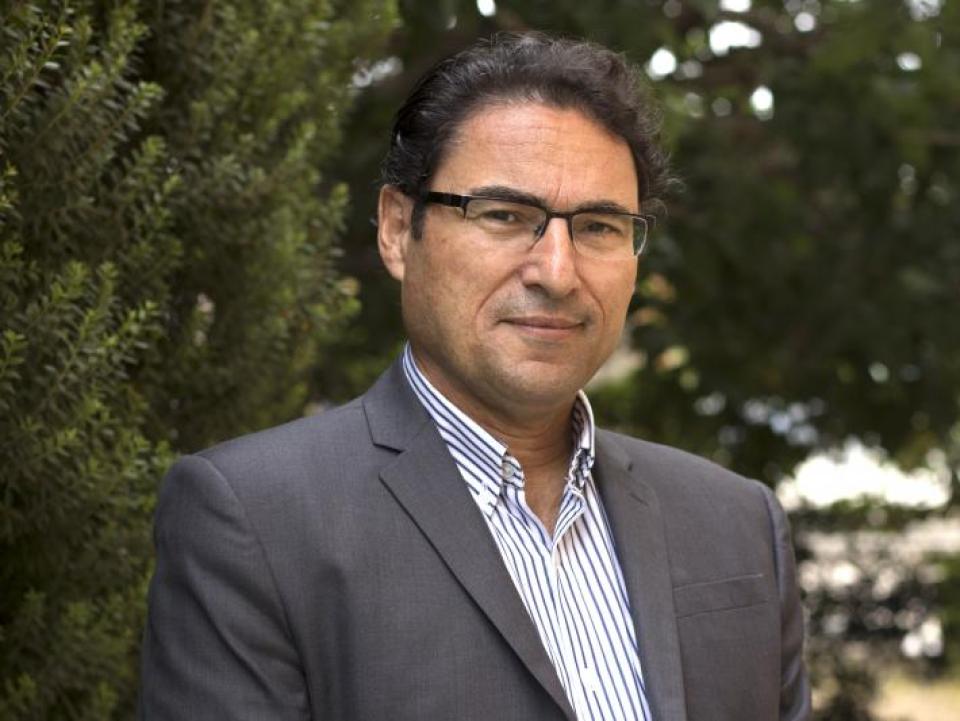
Professor Carmel Cefai
Dr Carmel Cefai, PhD (Lond.), FBPS, is the Director of the Centre for Resilience and Socio-Emotional Health and Associate Professor at the Department of Psychology at the University of Malta.
He is Joint Honorary Chair of the European Network for Social and Emotional Competence and joint founding editor of the International Journal of Emotional Education. He has led various research projects in mental health in schools, risk and resilience in children and young people, children’s wellbeing, including the development of a resilience curriculum for early years and primary schools (RESCUR Surfing the Waves), a European Masters in Resilience in Education, and an EU analytical report on how to integrate social and emotional learning in the curriculum across the EU.

Professor Mariana Souto-Manning
Mariana Souto-Manning, Ph.D., is Professor of Early Childhood Education and Teacher Education at Teachers College, Columbia University, USA.
She is Founding Co-Director of the Center for Innovation in Teacher Education and Development (CITED).Professor Souto-Manning holds additional academic appointments at the University of Iceland (2017-2021), King’s College London (2017-2020), and Hunter College (2018-2019).
Mariana Souto-Manning has published eight books, including the 2016 winner of the American Educational Studies Association Critics’ Choice Award, Reading, Writing, and Talk: Inclusive Teaching Strategies for Diverse Learners, K-2 (with Jessica Martell). In addition to books and book chapters, she has authored and co-authored over sixty peer-reviewed articles in journals. She has received a number of research awards, including the 2011 American Educational Research Association Division K Innovations in Research on Diversity in Teacher Education Award and the 2017 AERA Teaching and Teacher Education (Division K) Mid-Career Award.
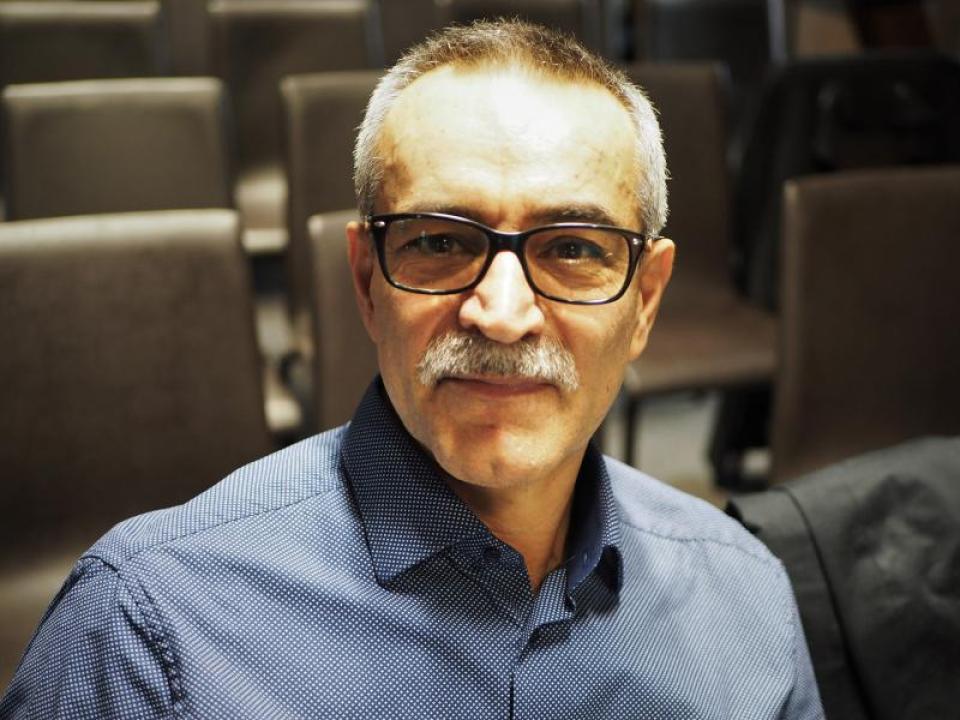
Professor Alireza Behtoui
Dr Alireza Behtoui is Professor of Sociology, Södertörn University, Sweden.
His research is focused primarily on the impact of social capital on the stratification process in the fields like education, transition from school to labour market with focus on gender, class- and migrant background. He has extensive experience on several international and national projects on educational outcomes of students with different class- and ethnic background, early school levers, the impact of extracurricular activities on young people’s educational and social development and education to work transition.
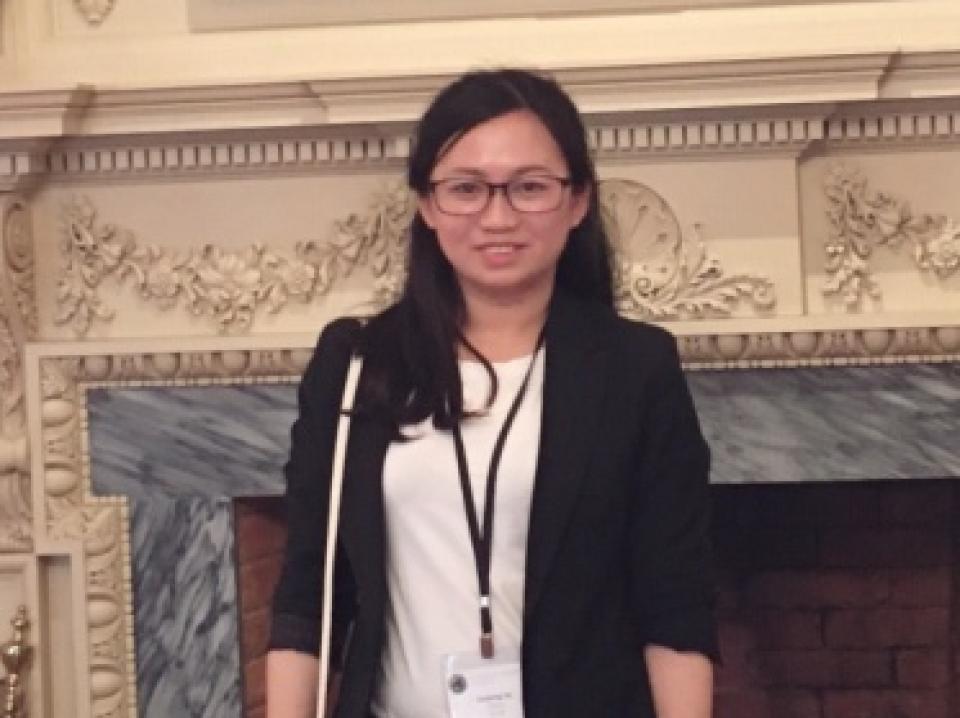
Associate Professor Su Qiong Xu
Dr Su Qiong Xu is an Associate Professor in the Department of Special Education at Chongqing Normal University, China.
She holds an MPhil in special education, and obtained her PhD from the Education University of Hong Kong. At present, she has published 15 academic papers and presided over two major research projects. Her research and professional interests lie in inclusive education and policy, curriculum and pedagogy, Chinese core values of culture and rights.

Dr Eva Klemenčič
Dr Eva Klemenčič is a researcher, head of the Center for Applied Epistemology at the Educational Research Institute which conducts OECD (PISA and TALIS) and all IEA international large-scale student assessments (ILSA) which Slovenia participates in (PIRLS, TIMSS, ICILS, ICCS).
She is one of the founders of the international research network that conducts research on the use of ILSA data-sets for national policy-making in education. Her main research areas are ILSA, citizenship education, textbook analysis, sociology of education, and theories of knowledge. In the area of equity in education she is interested in its contexts within comparative studies and ILSA in particular.

Professor Alistair Ross
Professor Alistair Ross is Emeritus at London Metropolitan University, has a personal Jean Monnet chair, and is a Fellow of the Academy of Social Sciences (UK).
He established and directed the Institute for Policy Studies in Education (2000-09), which had a particular focus on social justice and education: it activities included compiling the 14 state study Educational Policies to Address Social Inequalities in Europe (2007-2010) for the European Commission. He also established the Erasmus Academic Network on children’s identity and citizenship in Europe (1998-2008). Since retiring he has conducted a one-person study of young European’s constructions of political identities. Other research interests include citizenship education and social inclusion; diversity in the educational workforce; and access and achievement in education for all. Recent publications include Understanding the Construction of Identities by New Europeans (Routledge 2015) and Finding Political Identities: Young people in a changing Europe (Palgrave Macmillan 2019). He is currently editing Educational Research for Social Justice: Evidence and practice from the UK, for publication in 2020.

Dr Lyle McKinney
Dr Lyle McKinney is Associate Professor of Higher Education and Faculty-in-Residence at the University of Houston in Texas, USA.
He earned his Ph.D. in Higher Education Administration, with a concentration in Educational Policy, from the University of Florida. His research focuses improving college affordability and degree completion for lower-income students, particularly those who attend community colleges. Dr McKinney is the recipient of state and national level research excellence awards.
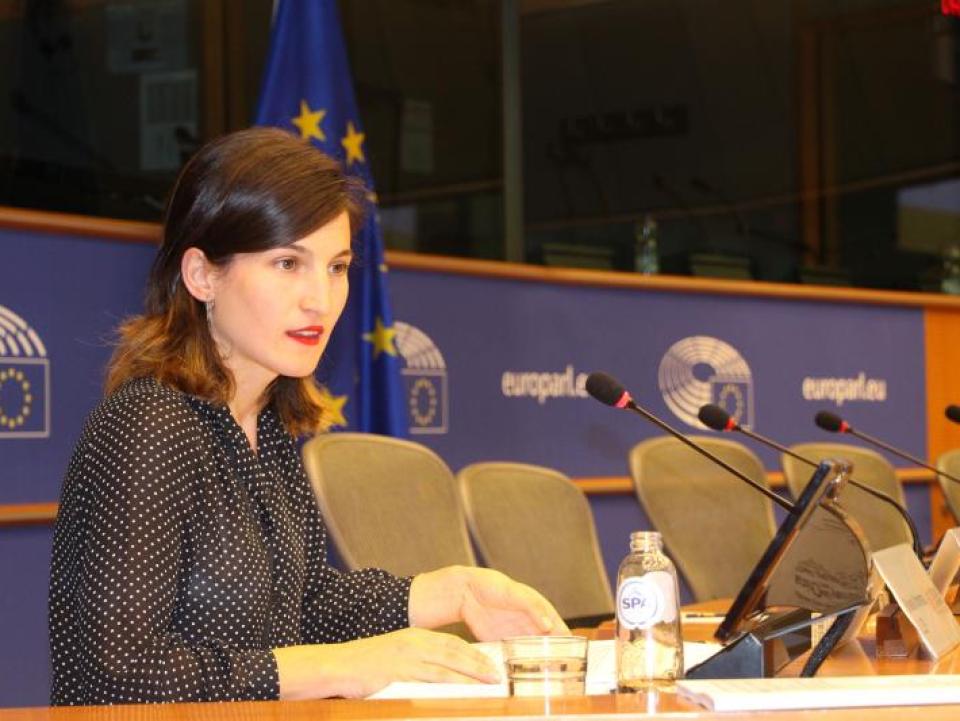
Brikena Xhomaqi
Brikena Xhomaqi is the Director of the Lifelong Learning Platform - European Civil Society for Education (former EUCIS-LLL) since 2016.
The LLL Platform represents over 40 European wide civil society networks in the field of education, including formal, non-formal and informal learning providers and learners in adult education, and currently these networks represent more than 50 000 educational institutions and associations covering all sectors of formal, non-formal and informal learning. She is a member of the Civil Society Europe Steering Committee since 2017 and former Head of Office of the European Students’ Union (ESU) and Director of the Erasmus Student Network (ESN). She graduated in Innovative Management at the Polytechnic University of Nice Sophia Antipolis and holds a professional Master Degree in International Development and a Bachelor Degree in Political Sciences. Originally from Albania, she has studied and lived in Italy, France and currently Belgium for the last fifteen years. She has an experience of more than 10 years in education and non-profit sector at local, national and international level from a volunteer to a management perspective.

Professor Teresa Sordé-Martí
Professor Teresa Sordé-Martí, a Harvard University doctorate holder, is a Serra Húnter Associate Professor of Sociology at the Universitat Autònoma de Barcelona.
She has participated in different EC projects like WORKALO (FP5, 2001-2004) dedicated to Roma labor inclusion and INCLUD-ED (FP6, 2006-2011) centered on strategies for social cohesion from education, and IMPACT-EV (FP7, 2014-2017), on assessing social impact of research. Her work has been published in journals like Qualitative Inquiry, Ethnicities, Journal of Ethnic and Migration Studies, Harvard Educational Review, Journal of Interpersonal Violence and more recently in Nature or PLOSONE.

Dr Per Kornhall
Dr Per Kornhall has a PhD in systematic botany and a Swedish teacher certificate.
He has been Director of Education at the National Agency for Education in Sweden with a responsibility for national development projects in science and technology, and has worked as a School Strategist in a Swedish municipality. He is currently an independent consult, author and lecturer in school development, professional development, use of research evidence in education, and other issues related to education. He has published several books in Sweden both for the general public and educators with a focus on equity and democracy

Dr Maša Vidmar
Dr Maša Vidmar is researcher at the Educational Research Institute (Ljubljana, Slovenia) and a docent of psychology at the University of Maribor.
Her research expertise is the role of students’ and teachers’ social and emotional competences in education as well as education of disadvantaged students (e.g. students with Roma or immigrant background), including the issue of early school leaving. Currently, she is involved three European projects; in two of them she is the national project coordinator. She is author of many scientific articles and books and publishes regularly at the (inter)national conferences. She has co-edited and co-authored several chapters in the three interconnected monographs, Early School Leaving: Contemporary European Perspectives, ESL: Cooperation perspectives, ESL: Training Perspectives. She has collaborated in preparing national (country) reports for Eurydice and OECD. She conducts workshops for students and (pre)school teachers, focusing on their self-awareness, self-regulation and social awareness and is aiming to get these topics included in education at the system/policy level.

Professor Chris Forlin
Professor Chris Forlin is an international education consultant, series editor for Emerald Publishing for ‘International Perspectives on Inclusive Education’, and researcher, based in Perth, Australia.
Her research and publications focus on equity and diversity; change paradigms in education; education policy and practice; along with curricula and pedagogy for teacher education, with innovative research in working with systems, governments, and schools to establish sustainable inclusive education and best practices for supporting all learners. Chris provides leadership in research in education reform for special and inclusive education in the Asia-Pacific region and has widespread extensive international experience in education working in the field for more than 45 years, providing regular international workshops and keynote addresses.

Dr Lan Yang (Joy)
Dr Joy Lan Yang is Assistant Professor of the Department of Curriculum and Instruction in The Education University of Hong Kong.
She obtained her PhD from The University of Hong Kong in 2012. She was the recipient of the Global SELF (Self-concept Enhancement and Learning Facilitation) Research Network Highly Commended PhD Award based on her PhD research on a longitudinal intervention to enhance academic self-concept and academic achievement among mainland low-achieving secondary students. Her research interests include self-concept, achievement emotions, student motivation, and positive youth development. She is now serving as co-director of Centre for Special Educational Needs and Inclusive Education co-working with multiple stakeholders to help social, emotional and career development needs of students with special educational needs.
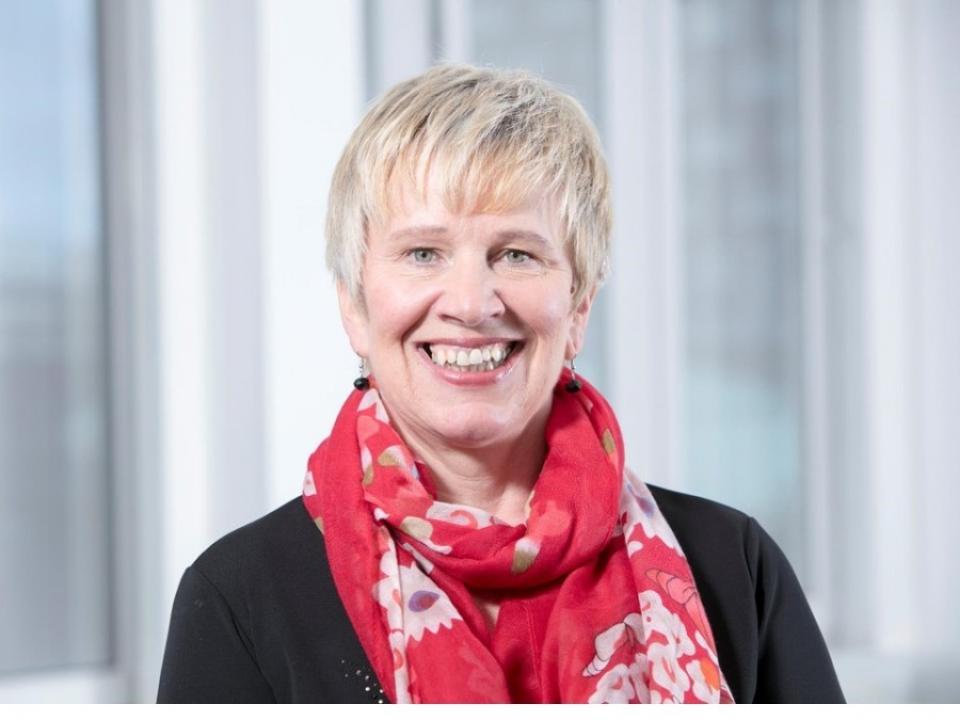
Professor Greta Defeyter
Professor Greta Defeyter is the Director of the Healthy Living Lab at Northumbria University. Her current research interests are food insecurity, social and educational injustice and holiday hunger.
She has received funding from multiple sources and has published numerous papers on school breakfast clubs and holiday provision. She is now a recognised expert in this area and in 2015, she was made a Fellow of the British Psychological Society in recognition of her research with ‘hard to reach’ populations. More recently, she joined prestigious line up of award winners by winning a Food Heroes Award from Sustain for her research and evaluations on school breakfast clubs and holiday hunger. In 2017, the Healthy Living Lab won the British Psychology Public Engagement Award (North East) for their translational research on feeding disadvantaged children. In 2020 she was recognised, by the Big Issue, as one of the top 100 change makers for her research and policy impact on food poverty.
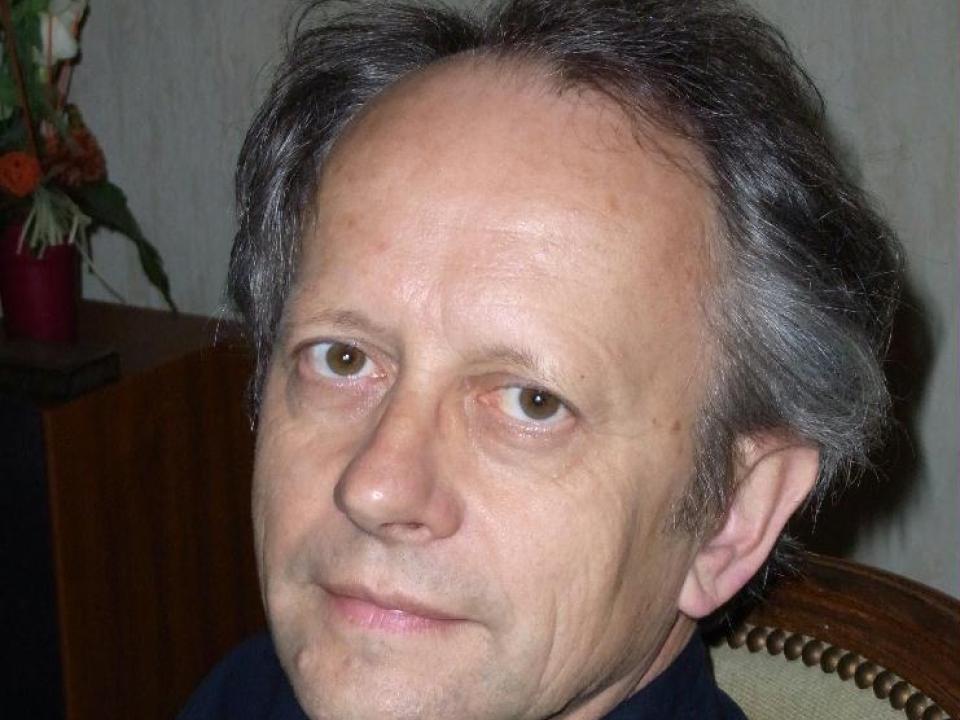
Dr Pierre- Yves Bernard
Pierre-Yves Bernard is associate professor at the educational sciences department of Nantes University, and researcher at the Nantes Education Research Centre (CREN).
His research interests focus on educational policies, early school leaving, school-to-work transition and vocational education and training, using both qualitative and quantitative methodologies. He conducted several research programmes in France, including the Territories and Early School Leaving programme, which involved a large body of researchers from several disciplines. He organized an international comparison conference on school dropout policies in collaboration with the French Ministry of Education.
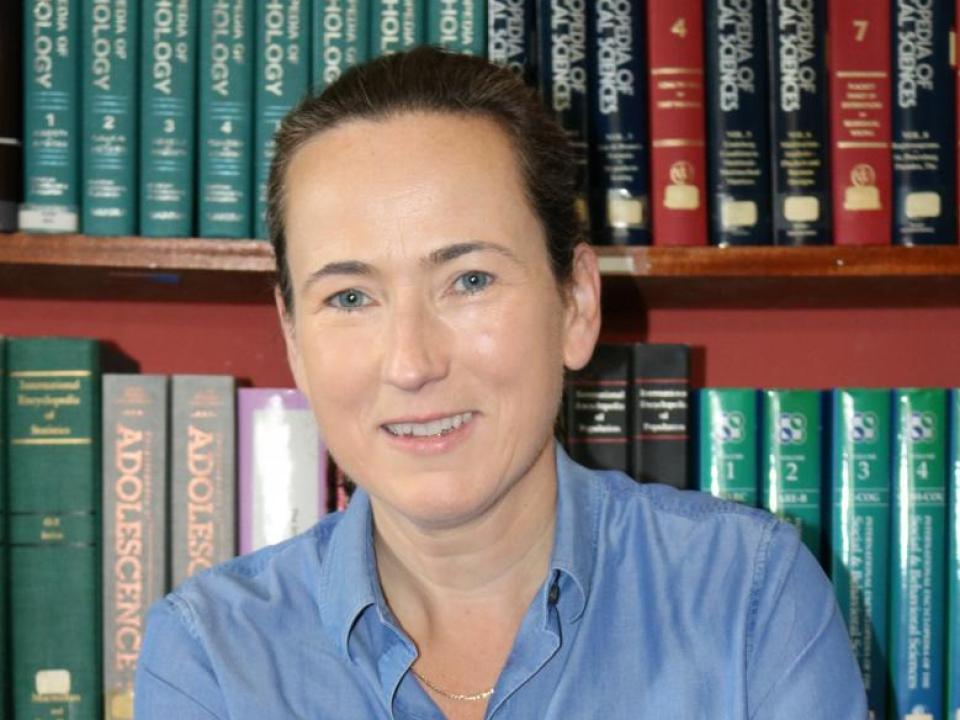
Dr Eemer Eivers
Dr Eemer Eivers is currently researching early school leaving in Malta (in conjunction with the IEA, EU and Maltese Ministry).
Previously a Research Fellow in the Educational Research Centre in Dublin, she led the development of a cloud-based, integrated assessment system for Irish primary and secondary students. She led Ireland’s participation in multiple ILSAs (PIRLS, TIMSS, PISA, ISUSS), and Ireland’s own national assessments. She was a member of Northern Ireland’s Literacy and Numeracy Taskforce, and has a particular interest in targeted interventions to address poverty and social inclusion in education. She has expertise in programme evaluation, comparisons of educational systems, dropout from second and third level education, and standardised test development.
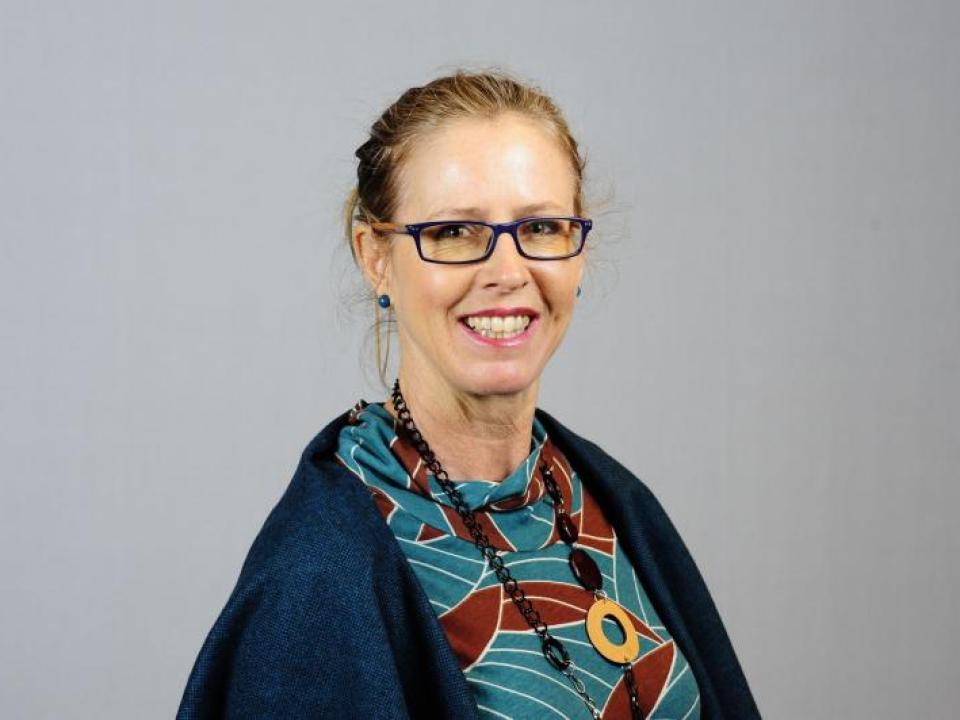
Dr Nina Van Dyke
Dr Nina Van Dyke has conducted applied research in the areas of education and public health for academic institutes, not-for-profit organisations, and private research companies in both the U.S. and Australia since receiving her PhD in 2000 from the University of California, Santa Barbara.
She has particular interests in young people and survey methodology. Prior to joining the Mitchell Institute, Nina held positions at the Australian Red Cross Blood Service in donor research, headspace (the National Youth Mental Health Foundation), the Melbourne Institute of Applied Economic and Social Research, the Brotherhood of St Laurence, and American Institutes for Research (California).
